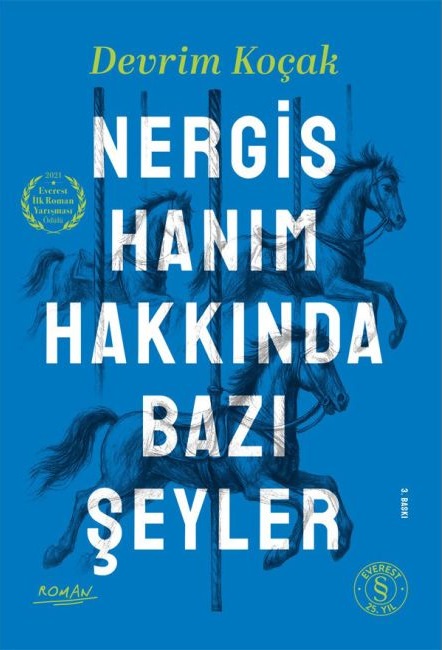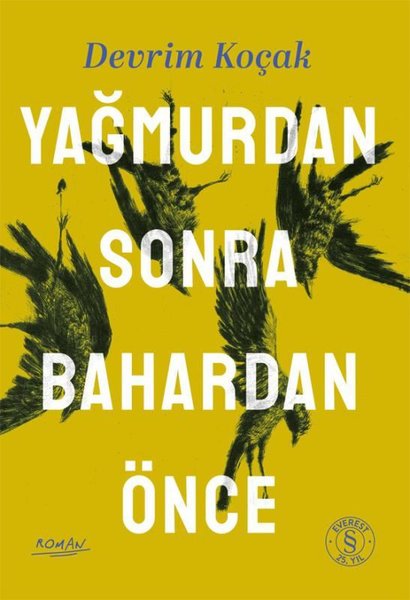In Dostoyevsky’s novel “Crime and Punishment,” does Raskolnikov’s remorse make him morally “good”?
The remorse of conscience experienced by the Raskolnikov character in Dostoyevsky’s Crime and Punishment embodies one of the most complex moral contradictions discussed in the history of philosophy. The psychological collapse that Raskolnikov experiences after the murder raises fundamental problems such as the “ontological status of conscience,” “free will and moral responsibility,” and the “metaphysics of evil.” In order to analyze this question in depth, it is necessary to first examine the philosophical background of the concept of conscience, and then the conditions for remorse and moral transformation in the case of Raskolnikov.
- Philosophical Foundations of Conscience: Is There a Universal Moral Law?
Raskolnikov’s remorse reflects the tension between Kantian deontology and Nietzschean theory of the superman:
Kant’s Categorical Imperative: If conscience is the internalized form of universal moral law, does Raskolnikov’s post-crime suffering prove the existence of objective morality? According to Kant, the “moral law” is inherent in man’s rational nature; Raskolnikov’s suffering is the price of betraying this law.
Nietzsche’s Perspective: Raskolnikov initially embraces the theory of the “superman” (übermensch): ordinary moral rules do not apply to great figures who make history. But is the remorse he experiences a psychological refutation of this claim? For Nietzsche, conscience is merely the “inward turning of instincts”; Raskolnikov’s suffering is the suppression of the will to power.
Hegelian Dialectics: Raskolnikov’s conflict demonstrates the irreconcilability between “self-consciousness” and “spirit.” Conscience is the tragedy of the individual in conflict with social morality (Sittlichkeit).
- Remorse and Moral Transformation: Why Raskolnikov Cannot Be Considered “Good”?
Raskolnikov’s remorse does not automatically make him “morally good.” There are three main reasons for this:
Lack of Moral Intention: In Kantian ethics, the moral value of an action is determined by intention. Raskolnikov’s suffering is not because his murder is wrong, but because of his own psychological collapse. He denies the moral wrongness of the crime, but the suffering it inflicts on him.
Illusion of Freedom: According to Sartre’s concept of “bad faith,” Raskolnikov’s remorse is an escape from taking responsibility for his free choice. He takes refuge in the role of a “victim of fate.” True moral transformation is only possible by accepting the ontological evil of the crime.
The Sonya Factor: Raskolnikov’s moral awakening is only possible with Sonya’s unconditional love and religious forgiveness. This can be explained by Levinas’ concept of “The Other”: True morality is only born when faced with the face of the Other. Raskolnikov sees his own evil in Sonya’s eyes.
- The Metaphysics of Evil: Does Remorse Give Hope for “Goodness”?
At the end of the novel, Dostoyevsky implies that Raskolnikov is undergoing a process of spiritual purification in Siberia. This is a typical theme of Christian existentialism:
Kierkegaard’s “Fear and Trembling”: Raskolnikov moves from the ethical stage (murder) to the religious stage (repentance and grace). However, this transition requires an absurd leap of faith.
Berdyaev’s Theory of Evil: Evil is a by-product of creative freedom. Raskolnikov’s suffering is proof of his freedom, for only a free being can recognize the evil he has done.
Schopenhauer’s Ethics of Compassion: If suffering is the essence of the world, does Raskolnikov’s suffering bring him to “moral unity” by making him a partner in universal suffering?
Conscience Is No Guarantee of Moral Goodness
Raskolnikov’s guilty conscience does not automatically make him “good,” but it is evidence of his moral capacity. True moral transformation is possible only by:
Accepting the objective evil of the crime,
Taking responsibility for the Other,
Getting rid of self-deception.
Dostoevsky asks us: “Does man attain moral maturity only through suffering?” Raskolnikov’s tragedy is the search for the answer to this question.


